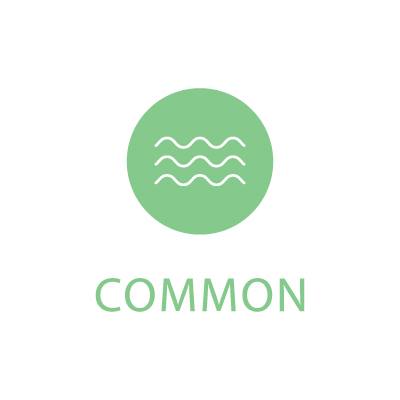COMMON Retour vers les projets
Durée du projet: 2 an(s) 11 mois
Sep 2019 Sep 2022Budget du projet:
2 Euro (€)
Partager le projet sur
Avec l'implication de
Délégation de l’Union Européenne en Tunisie
Plus de détails
COastal Management and MOnitoring Network for tackling marine litter in Mediterranean sea
COMMON
COastal Management and MOnitoring Network for tackling marine litter in Mediterranean sea
B.4 Environmental protection, climate change adaptation and mitigation
B.4.4 Integrated coastal zone management
Italy, Tunisia, Lebanon
Marine litter is quickly becoming one of the main pollution sources of the Mediterranean Sea, with negative consequences for living marine organisms, marine ecosystems, human health and coastal activities, including tourism and fisheries. Combating the issue of marine litter requires a global effort at basin level through a multi-institutional and multi-stakeholder approach that tackles the different and competing environmental, economic, social, cultural and recreational drivers that can affect marine ecosystems. The COMMON project will apply the Integrated Coastal Zone Management (ICZM) principles to the challenge of marine litter, improving knowledge of the phenomenon, enhancing the environmental performance of 5 pilot coastal areas in Italy, Tunisia and Lebanon, and engaging local stakeholders in marine litter management.
The mid-term expected impact is the enhanced capacity of public authorities in monitoring and managing the waste chain with a focus on the land-sea relationship and improving the environmental performance in the concerned 5 coastal areas: Tyre (Lebanon), Maremma and Northern Puglia (Italy) and Kuriat Island and Monastir (Tunisia). The integrated and multi-stakeholders approach promoted by the project will boost citizens’ participation in marine litter removal activities, as well as the exchange of good practices and experiences among local institutions at Mediterranean level. The long-term impact of the project includes advancing towards the achievement of the Descriptor 10 of the Good Environmental Status (set by the EU Marine Strategy Framework Directive) by 2020 in the pilot areas, meaning that “properties and quantities of marine litter do not cause harm to the coastal and marine environment.”

